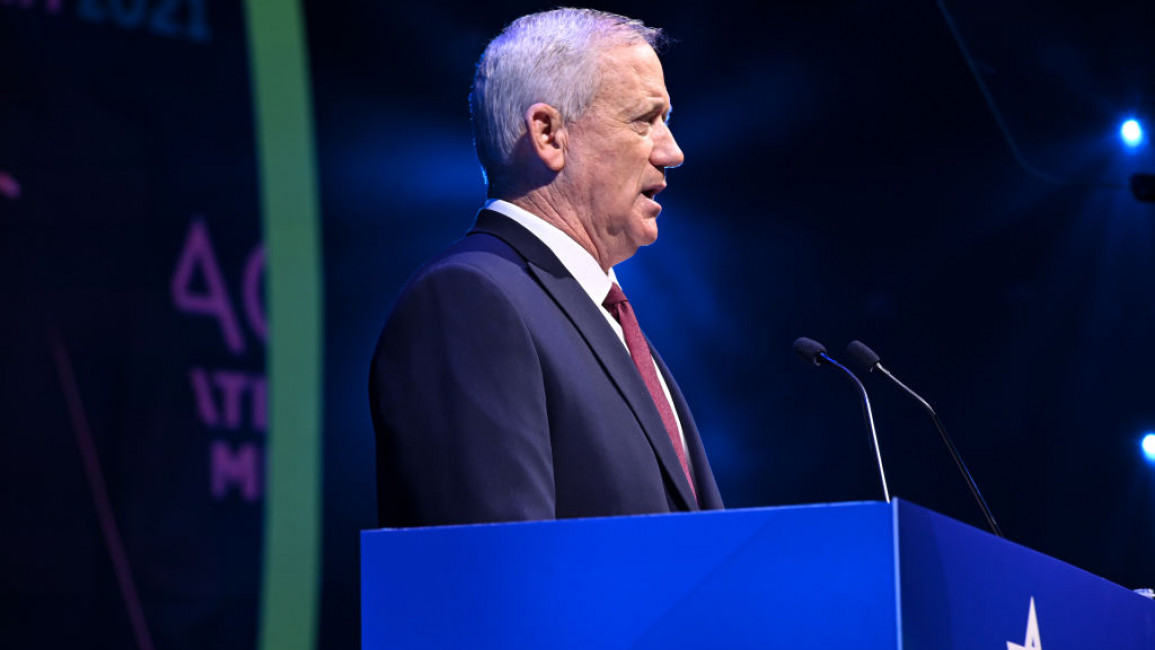Israel consulted with US before attacking Iranian sites, NYT reports
Israeli officials consulted with their US counterparts before launching recent sabotage operations against two Iranian facilities, a New York Times report revealed on Saturday.
One of the strikes targeted a centrifuge production facility in Karaj, and the other an Islamic Revolutionary Guard Corp missile plant. Both are located on the outskirts of Tehran.
Israel is likely responsible for a string of attacks on Iranian nuclear scientists and facilities over the past decade, but does not confirm or deny involvement. It is widely suspected of being behind the sabotage of the Natanz nuclear facility, 250 kilometres south of Tehran, which led to a complete power outage at the station in April.
Israel has recently reaffirmed its determination to undermine Iran's nuclear program despite US efforts to revive a 2015 deal between Western powers and Tehran.
"Iran will not have nuclear weapons, not in the coming years, not ever. That is my promise, that is Mossad's promise," the head of Israeli spy agency Mossad said late in November at a ceremony for Mossad employees in Jerusalem.
In October, Israel's military chief had also vowed to step up actions and covert operations against Iran.
Last week, the head of Mossad travelled to the United States to discuss Iran's nuclear program. Israel is concerned that the US will reach a new agreement with Tehran and seek to block Israeli sabotage attacks.
Under the 2015, Iran agreed for greater monitoring of its nuclear program , which it says is for civilian use, in exchange for an alleviation of Western sanctions. The hard-earned international pact however unraveled brutally after then-President Donald Trump withdrew from the agreement in 2018.
Iran and major powers started talks in April to return to the 2015 agreement, but the talks froze in June after the election of Iran's hardline President Ebrahim Raisi in June. They resumed last month in Vienna last week after a five-months freeze but ended without significant progress.



